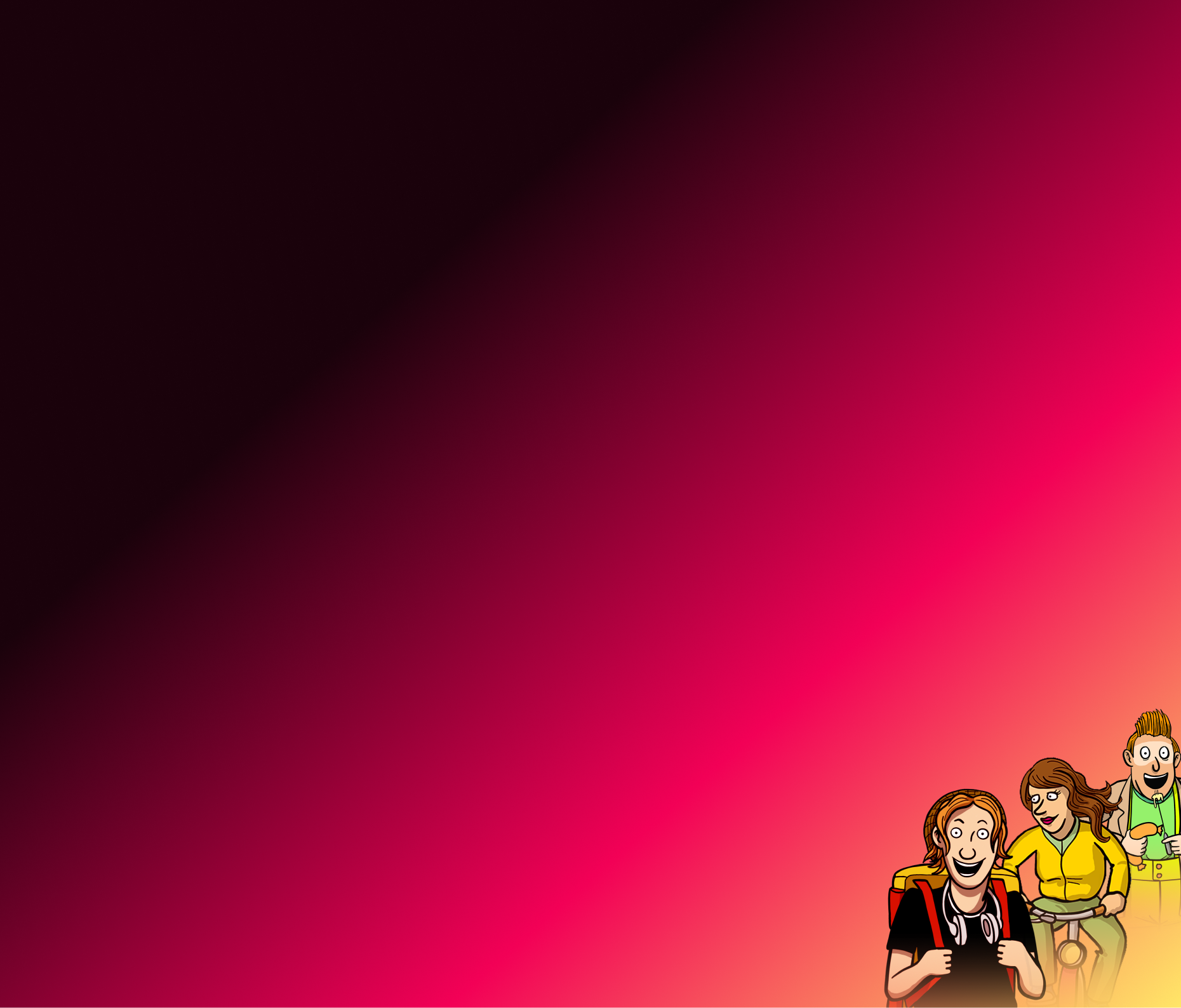Expressing consequences
We can use words such as also (so), daher (hence), darum (so, that is why), deshalb (therefore), deswegen (therefore, because of that), sodass (so that, with the result that) and weshalb (which is why) to introduce a consequence.
Ich bin durstig, also trinke ich.
I am thirsty, so I'm drinking.
Das Wochenende ist da, darum fahren wir weg.
It's the weekend, so we are going away.
Wir beeilen uns, sodass wir pünktlich sind.
We are hurrying up so that we are on time.
The position of the verb varies:
- After words such as also, daher, darum, deshalb, and deswegen, the verb comes before the subject.
Die Sonne scheint, deshalb geht es uns gut.
The sun is shining, therefore we are feeling good.
Du hast Humor. Deswegen mag ich dich.
You have a sense of humor, which is why I like you.
- Sodass and weshalb/weswegen are followed by the subject. The verb comes at the end of the sentence.
Tim lügt, sodass Anna keine Fragen stellt.
Tim lies so that Anna does not ask any questions.
Rüdiger singt, weshalb /weswegen die Bar leer ist.
Rüdiger is singing, which is why the bar is empty.
Note that darum has multiple meanings.
Sie mag Goethe. Darum lernt sie Deutsch. (Folge)
She likes Goethe. That is why she is learning German. (Darum is used to describe a consequence).
Ich habe keine Zeit für die Arbeit. Darum kümmere ich mich morgen. (darum bezieht sich auf die Arbeit)
I don't have time for work. I'll take care of it tomorrow. (Darum refers back to die Arbeit.)
Still facing difficulties with 'Expressing consequences'? Learn and enhance your German grammar through our online German course. Start with a free test and improve today!
What our users say:
Improve your German further and test Wunderbla, online German lessons.

